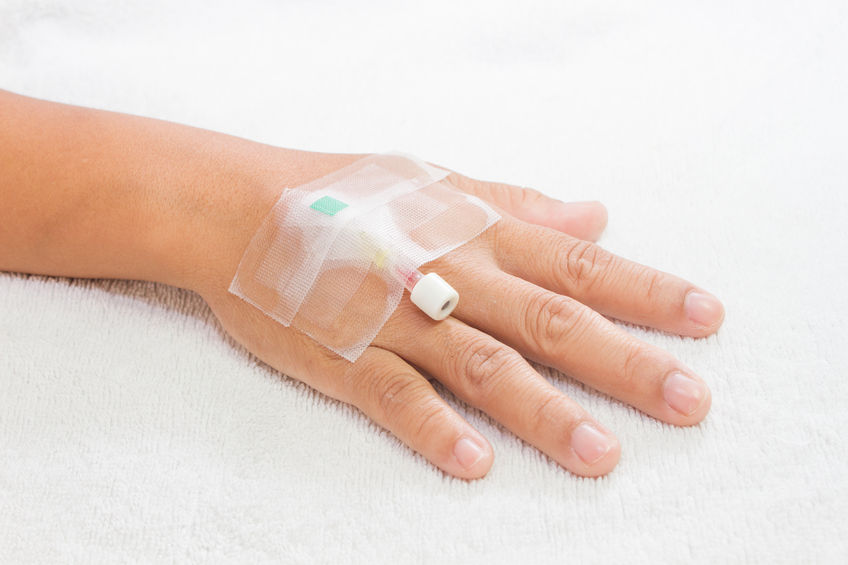
NEW YORK, NY – Nurse Brad Frohne remains frantic this morning. Yes, it has been more than the average level of busy today but that’s not his main concern. Amidst the barrage of new admissions and the neverending push of call lights, Frohne has misplaced his patient’s saline key, which means that until further notice that patient’s saline lock is locked forever.
“The patient’s body is a very fragile and private thing, so it is only fair after accessing a patient’s vein that we keep it under lock and key, specifically, saline lock and key,” explained charge nurse Julie McConnell, who has ordered all nurses on the floor to suspend patient duties until Frohne’s patient’s saline key is found. “If there is one thing more private than HIPAA, it’s this.”
A saline lock (historically known as a heparin lock or hep-lock) is an intravenous catheter that is placed into a peripheral vein, flushed with saline, capped for later use, and locked for privacy purposes. Though many patients have saline locks, each one is different and can only be unlocked with a unique saline key. Many nurses keep the saline lock on their own keychain or in the Pyxis machine.
Frohne, usually known as the most attentive of the nurses on the unit, is still in shock and disbelief. Frohne has reached out to risk management in case the patient sues, radiology to see if it’s worth pan-scanning the hospital for it, and the locksmith on call if they absolutely have to resort to dropping $1.50 to make a new key.
“Gosh, I feel so bad for patient,” Frohne continued. “If we don’t find the key, that saline lock will have to stay in there indefinitely. INDEFINITELY. That or we wait 72-96 hours and consider replacing the IV. You know, whichever comes first.”